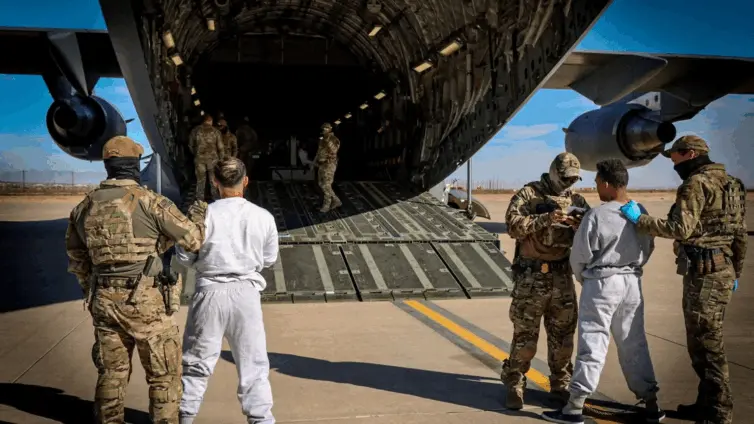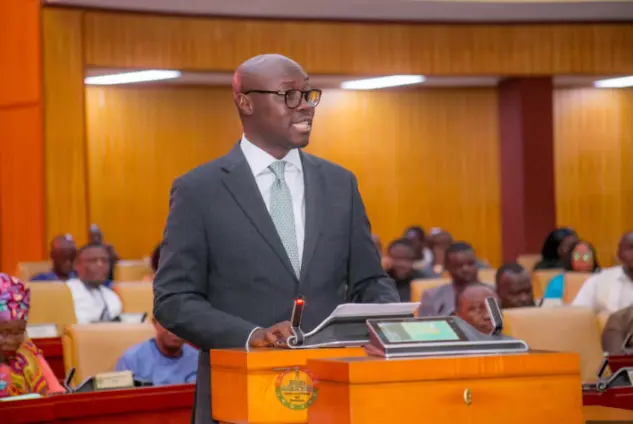In a move that has reverberated across the nation, Mali’s military government has officially dissolved all political parties, marking a potential turning point in the country’s governance. The decision, announced May 8th, 2024, follows a period of intense political instability, punctuated by coups in 2020 and 2021 that brought Assimi Goita to power. Goita, now at the helm, validated the controversial decision, sparking a mix of support and outrage and raising fundamental questions about the future of democracy in Mali. The implications of the Mali political parties dissolved are far-reaching, potentially reshaping the nation’s political landscape for years to come. The international community is watching closely as these events unfold, grappling with the implications for regional stability and democratic norms.
The dissolution of political parties stems from a recommendation made by a national conference of political actors. This conference proposed naming Goita as president with an extended five-year mandate, alongside the dissolution of existing political parties. The official validation of this decision by Goita was communicated via a statement broadcast on state television, solidifying the military’s grip on power. This action effectively silences organized political opposition, creating a void that analysts fear could lead to further instability and a decline in democratic principles. The move has been criticized by international observers, who point to the importance of political pluralism in fostering a healthy and representative government.
In response to the government’s actions, protests erupted in Bamako on May 3rd and 4th. Demonstrators took to the streets, chanting slogans such as “Down with dictatorship, long live democracy,” reflecting deep-seated concerns about the erosion of democratic values. These protests served as a powerful reminder of the Malian people’s desire for self-determination and a return to civilian rule. The dissolution directly contradicts the original commitment to holding elections in February 2022, a promise made in the wake of the military coups. This broken promise has further fueled public discontent and distrust of the military government.
Ahead of a planned protest on May 9th, the government responded by suspending all political activities. This preemptive measure effectively silenced dissent, forcing opposition parties to cancel their planned gathering. The suspension was met with condemnation from human rights organizations and pro-democracy advocates, who argued that it violated fundamental rights to freedom of assembly and expression. The government’s justification for the suspension cited security concerns, but critics argue that it was a thinly veiled attempt to suppress opposition and consolidate power.
Reports have emerged detailing the abductions of opposition politicians, raising serious concerns about mounting repression. Among those reportedly abducted are Abba Alhassane of the CODEM party, El Bachir Thiam of the Yelema party, and Abdoul Karim Traore, a youth leader from CODEM. These alleged abductions have intensified fears of a crackdown on dissent and a systematic effort to silence opposition voices. The lack of transparency surrounding these incidents has further fueled public anxiety and distrust of the government.
Human Rights Watch issued a statement expressing deep concern over the arrests and abductions. “The Malian authorities should immediately account for the whereabouts and status of these individuals,” the statement emphasized, highlighting concerns about mounting repression against dissenting voices. The statement further called on the government to respect fundamental rights and ensure the safety and security of all citizens, regardless of their political affiliation. The organization urged the international community to closely monitor the situation and hold the Malian government accountable for any human rights violations.
Despite repeated attempts to solicit a response, Mali’s security ministry has not immediately responded to requests for comment regarding the abductions and allegations of repression. This silence has only amplified concerns about the government’s commitment to transparency and accountability. The lack of official information has left families and supporters of the abducted individuals in a state of uncertainty and fear, further eroding public trust in the government.
The decision to dissolve Mali political parties has created significant uncertainty about the nation’s political future. One potential outcome is further isolation from the international community, which could lead to a reduction in aid and investment. Another possibility is the emergence of underground resistance movements, potentially leading to increased instability and conflict. The impact on average Malian citizens could be profound, with potential implications for their basic rights and freedoms. The suspension of political activities could stifle civic engagement and limit opportunities for citizens to participate in the political process. This is coupled with the potential for further economic hardship if international sanctions are imposed. The long-term implications could include a weakening of democratic institutions and a consolidation of power in the hands of the military.
In summary, Mali’s military government has dissolved all political parties, a decision validated by Assimi Goita. This has led to public protests, concerns over abductions, and condemnation from human rights organizations. The future of Mali remains uncertain, and the impact of this decision will likely be felt for years to come. The situation demands continued observation and engagement to ensure the protection of human rights and the promotion of democratic values.
Image Source: MYJOYONLINE




















